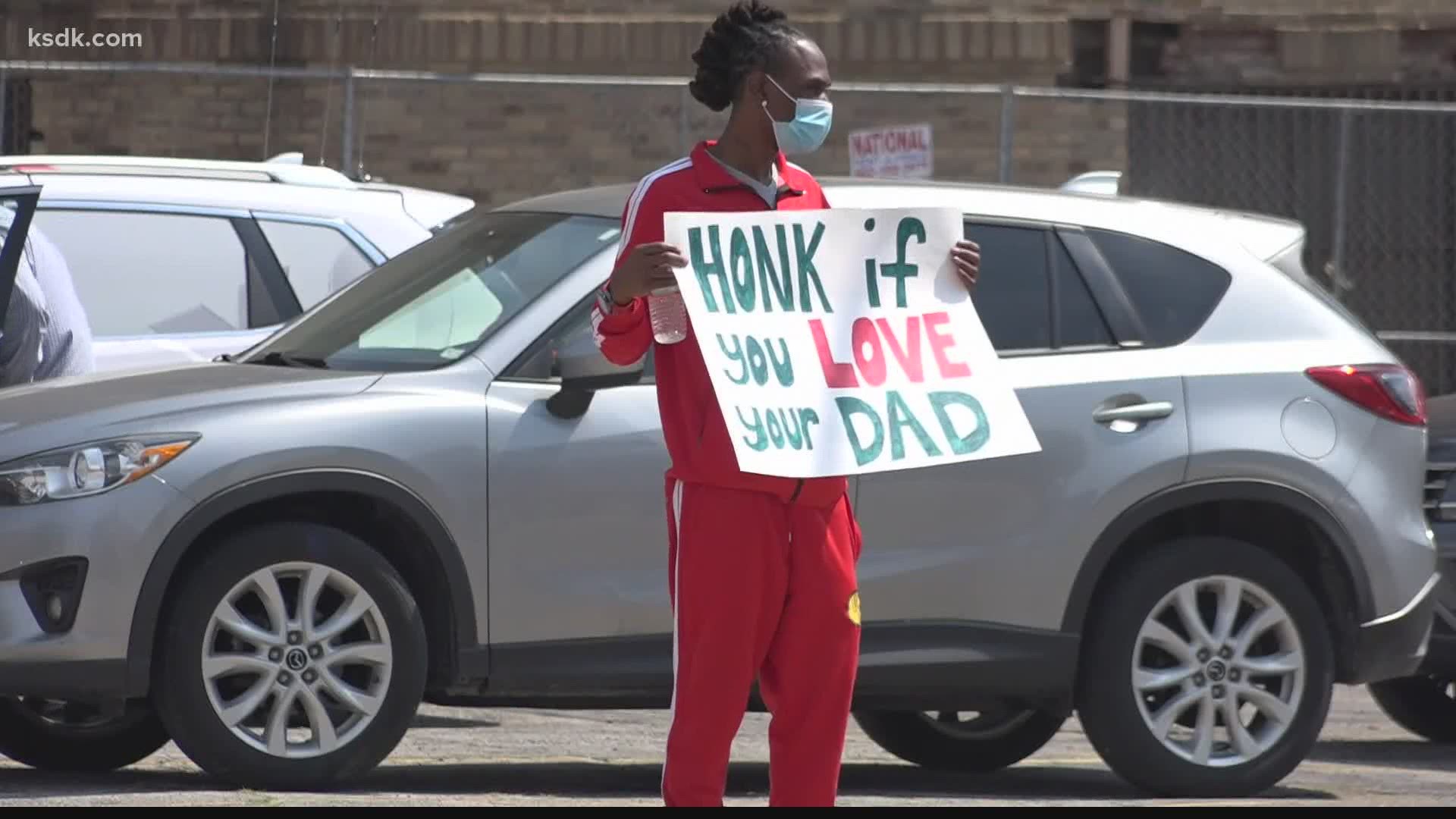ST. LOUIS — Sometimes a voice can help us see more clearly than our eyes.
Langford Cunningham tries to bring the same facts but a different perspective on his new podcast called Blind City.
"Blind City the podcast is giving people an opportunity to talk about their obstacles, to talk about their pain. We are the therapy of the streets," said Cunningham.
The 52-year-old Cunningham is a former teacher and counselor at the Juvenile Detention Center in St. Louis where he quickly learned that kids who were locked up, needed lifting up.
"I'm OK with the discipline and structure," he said, "but these kids get so angry so quick so you have to gain their trust before you can really start to show them that there's a better way."
But Langford said he was living a double life. Helping kids during the day but hurting himself at night.
"You know, I was going to work, I was still hanging out in the streets in the nightclubs and the bars, you know chasing women," admitted Cunningham.
And he was ignoring his health and symptoms of glaucoma. Then his world went dark.
"By the time I went to the doctor. They had to rush me into surgery," he explained.
His faith and his friends pulled him from the pit of deep depression and though his eyes no longer worked, he saw the light.
"I had to lose my sight to find my vision," said Cunningham.
In March, he launched the Blind City podcast which he said is reaching an audience that normally wouldn't listen to podcasts and giving them an opportunity to talk about their obstacles and their pain: racism, violence, even coronavirus. No topic is off-limits.
"We know that once you get out and talk and tell people how you feel it kind of takes the tension off you," Cunningham said.
Cunningham's goal is to educate and inspire knowing that we will never be on the same page if we are reading different books.
"If we can find one common goal, I think we can make it out of this pandemic and we can get past this racism crap," Cunningham said.
Langford Cunningham and the Blind City podcast. Trying to change the way we see things, so the things we see can change.


